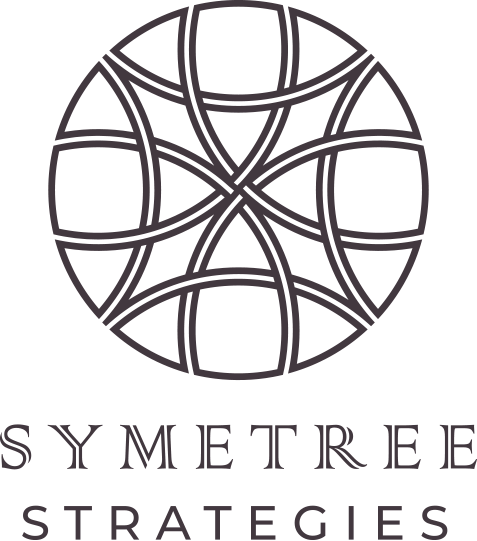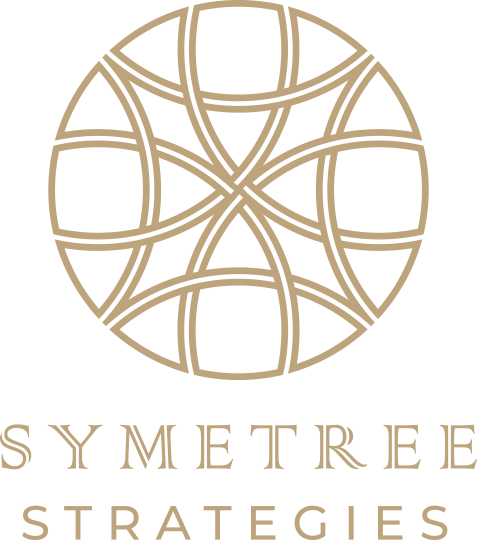I’ve taken many sales training programs, and read gazillions of books on sales. I’ve found that sales training programs can be formulaic. They don’t always help people sell in a way that supports high quality business relationships that evolve into opportunities.
My work with professionals has shown me that it’s more effective to focus on a natural and individual approach. It’s better to build good relationships than to adhere to a one-size-fits-all sales formula. I’ve learned that without a system and consistency you risk experiencing too much fluctuation in your results.
My clients want to know how to grow their businesses without feeling like they’re selling used cars. They want to feel confident and authentic without being pushy or salesy. In short, they want to be themselves.
Today’s consumers can see what you offer just by going to a website. They don’t need much more information directly from you about your services. Thus, the key to business development isn’t information; it’s relational authenticity.
If you don’t know how to be yourself while nurturing real relationships, then whatever sales approach you adopt will be awkward. If those of us working in professional services get comfortable with business development, and see it as an opportunity to build authentic relationships, the word sales could be dropped completely. We could approach each opportunity as a way to serve our clients, and prospective clients, rather than a high-pressure requirement to impose our services on them in pushy, salesy ways.
The difference between selling a product and selling a service
There is a clear difference between selling a product and selling a service. When you sell a product, you’re conveying information about its features and benefits. You are the messenger. However, as a service provider, you’re selling services based on your experiences, knowledge, education and reputation. That distinction makes a big difference.
Pounding the pavement the traditional way is not an ideal for professional service providers. Instead, think about the value you bring to every conversation and interaction. Selling your services shouldn’t be about hustling. It should be about showcasing your expertise in a manner that comfortably aligns who you are with your clients and prospects.
It’s only uncomfortable for a little while
The work of business development might feel uncomfortable at first. If you keep it real and build one relationship at a time, you’ll see exponential opportunities for new business. Developing future business opportunities depends on the first moments of interaction at networking events and other business interactions. You also need to sustain long-term relationships. Doing that requires patience and consistency. It can take years for business opportunities to present themselves. These opportunities often lead to many more.
Below are the top 3 ways to develop business relationships:
- Develop a habit of Business Development:
The first step in building your relationship network is to understand that business development takes long-term commitment. It’s not a spigot you turn off and on. You have to be consistent. Take a minimum of 5 actions per week that move the process forward. Your actions could be calling a prospect, rekindling a relationship with a past client or checking in with your current ones. If you aren’t regularly and consistently working at developing high quality relationships, you won’t get the results you hope for. Create a weekly plan and stick to it.
2. Manage your time:
Know what to do with the time that you’ve allocated. Prepare in advance who you want to talk to, what events you need to register for and what LinkedIn connections you want to make.
3. Be consistent:
If you’re looking for the best sales training advice in a word: consistency. Don’t pick and choose which week you will do business development. Otherwise, you risk having a business practice that resembles a roller coaster. One quarter up and one quarter down. Even when you are at your busiest, stay the course even if you have to reduce the amount of time you can allocate.
Convey uniqueness
I’m always tickled by the coffee mug that says “Your Google Search is No Substitute for My Law Degree”. But, take a step back and think: “How can I prove that?” By conveying the unique attributes I bring to a relationship, I can convince the prospect that I am in fact the substitute for the Google search.

